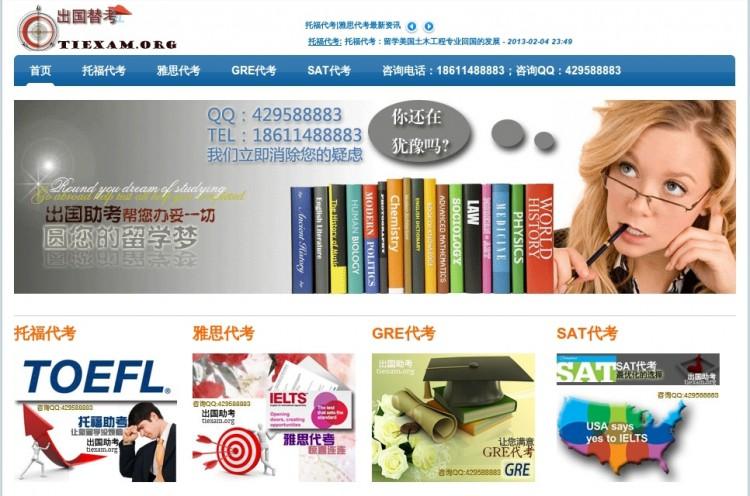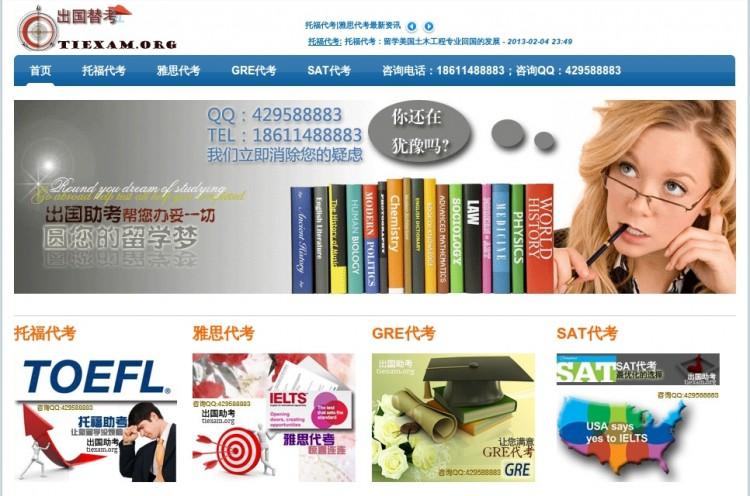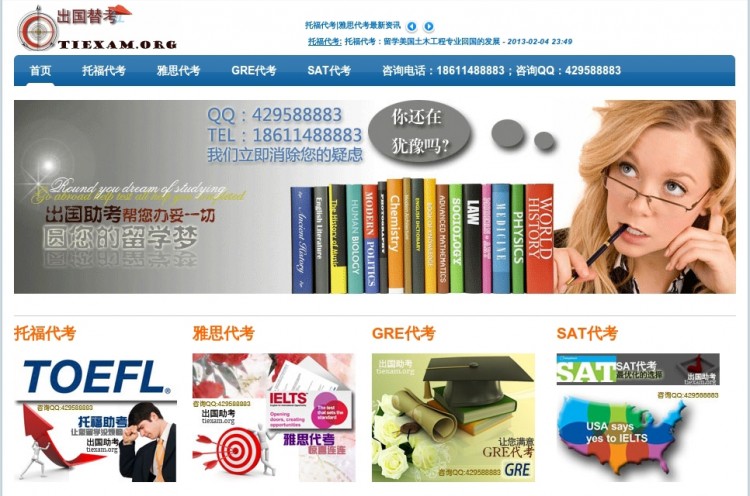Every Chinese student who would come to the United States for higher education faces a crucial and decisive language test: the Test of English as a Foreign Language, or TOEFL.
But what if instead of studying hard to pass it, one could simply buy one’s way through?
An abundance of evidence suggests that thousands of Chinese students are doing just that, taking advantage of a thriving underground industry in China—mediated through the Internet—that operates largely with impunity.
Methods for beating the test abound: from study guides available online compiled from previous years’ examinations, to finding doubles in China to sit the test in person, to, in the most organized and entrepreneurial instance, taking advantage of the time zone difference between China and the United States and feeding answers to co-conspirators across the Pacific.
Scoring ‘Even Higher’
That’s the approach that Zhang Li (not his real name) took when he wanted a better score with less hassle for entrance to New York University.






